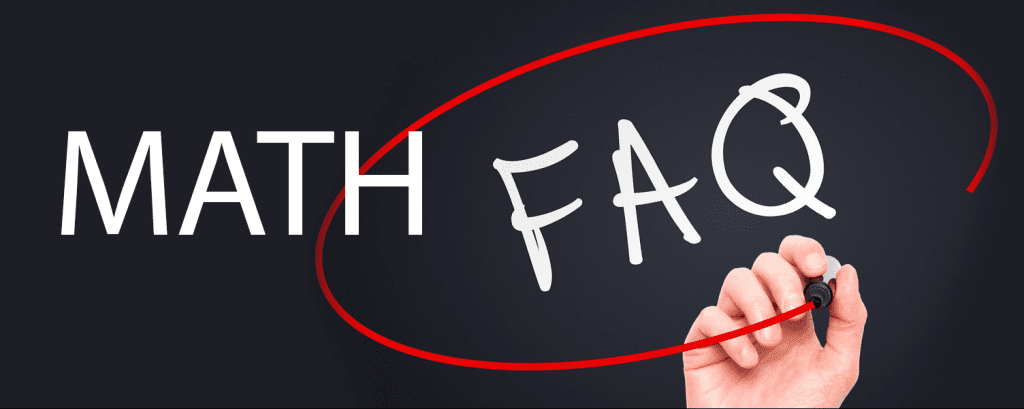Do Maths Black and White?
This phrase likely refers to math being straightforward and unambiguous, where the answers are typically either right or wrong, like black and white. However, in more advanced mathematics, some problems involve multiple interpretations or solutions.
Do My Math Homework App?
Yes, there are several apps that help with math homework, such as:
- Photomath: Snap a picture of a math problem and get step-by-step solutions.
- Wolfram Alpha: Provides solutions to a wide range of math problems.
- Microsoft Math Solver: Offers solutions and explanations for algebra, calculus, and more.
Do My Math Homework for Me Online?
Several online platforms offer paid services to help with math homework, such as Chegg and Tutor.com. However, using these services ethically (for guidance and learning) is recommended rather than having others do your work for you.
Do My Math Homework Online Free?
There are free tools to help with math homework:
- Khan Academy: Offers free lessons and practice problems.
- Symbolab: Provides free step-by-step solutions for various math problems.
- Mathway: Offers free basic math solutions with a premium option for detailed steps.
Do Not Open This Math Book: Addition & Subtraction
This is a children’s book by Danica McKellar, designed to make learning addition and subtraction fun for young students. It provides entertaining explanations and practice problems for basic math concepts.
Do Pre-Med Requirements Include Math?
Yes, pre-med programs typically require math courses, especially statistics and calculus, as they are important for understanding data analysis in medical studies and research.
Do Science and Math Have a Strong Connection?
Yes, science and math are closely connected. Math provides the language and tools to model scientific phenomena, calculate measurements, and analyze data in fields like physics, chemistry, and biology.
Do the Math 350?
350.org is an environmental organization founded by Bill McKibben to raise awareness about climate change, emphasizing the need to reduce atmospheric CO2 levels to 350 parts per million (ppm).
Do the Math 350 Org?
350.org is the organization that runs the Do the Math campaign, which focuses on combating climate change by reducing carbon emissions and pushing for clean energy policies.
Do the Math Bill McKibben?
Bill McKibben, an environmentalist, launched the “Do the Math” campaign to raise awareness about the dangers of exceeding 350 ppm of CO2 in the atmosphere and the need for urgent climate action.
Do the Math for Your Life?
This phrase means applying math to make important life decisions, such as budgeting, financial planning, or understanding data in career choices and health-related decisions.
Do the Maths: Does 5 + 3 + 2 + 7 Equal?
Yes, the sum of 5 + 3 + 2 + 7 equals 17.
Do UK Universities Require Math?
For most programs, UK universities require math at the GCSE level or equivalent, but the level of math required depends on the specific course of study (e.g., engineering requires higher math proficiency than arts).
Do Universities Accept SL Math for Finance?
Some universities may accept SL Math for finance programs, but more competitive programs typically prefer HL Math for students pursuing degrees in finance, economics, or business.
Do You Learn Math in Vet School?
Yes, students learn some math in veterinary school, particularly for calculations related to dosages, concentrations, and fluid rates in treatments and surgeries.
Do You Need Math Analysis and Approaches for Business?
Math: Analysis and Approaches is recommended for students who plan to study business at a higher level, as it includes essential topics like calculus, algebra, and statistics.
Do You Need Math for Bioinformatics?
Yes, bioinformatics requires a solid understanding of math, especially statistics, algebra, and probability, as they are used in analyzing biological data and genetic sequences.
Do You Need Math for Risk Analyst Job?
Yes, math is crucial for a risk analyst job, particularly in probability, statistics, and financial modeling, to evaluate risks and make informed business decisions.
Do You Need Math HL for Economics?
For competitive programs in economics, especially at top universities, Math HL is preferred or required, as it provides the necessary skills in calculus and algebra for economic modeling and analysis.
Do You Need Math in Grade 12 for Physicist?
Yes, to pursue a career as a physicist, you need math in Grade 12 and beyond, particularly advanced topics like calculus and algebra.
Do You Need Math in Marine Biology?
Yes, marine biology involves some math, particularly in statistics for analyzing research data, algebra for understanding scientific measurements, and geometry for modeling oceanographic phenomena.
Do You Need Math to Be Good at Programming?
Yes, math is important for programming, especially in areas like algorithms, data structures, and cryptography. However, the level of math required depends on the field of programming (e.g., game development, AI, etc.).
Do You Need Math to Become a Clinical Psychologist?
Math is not a major focus in clinical psychology, but some knowledge of statistics is required to understand research and data analysis in psychological studies.
Do You Need Math to Become a Psychologist?
Yes, psychologists need statistics to analyze data and interpret research results, but advanced math skills are generally not required.
Do You Need Maths for Business Economics Course?
Yes, math is essential for a business economics course, as it involves statistics, calculus, and algebra for economic modeling and financial analysis.
Do You Need Maths for Information Technology?
Yes, math is important for information technology courses, particularly in areas like algorithms, cryptography, and data analysis.
Do You Need Maths for Neuroscience?
Yes, math is needed for neuroscience, especially statistics and calculus, for analyzing brain data, modeling neural activities, and understanding complex biological systems.







